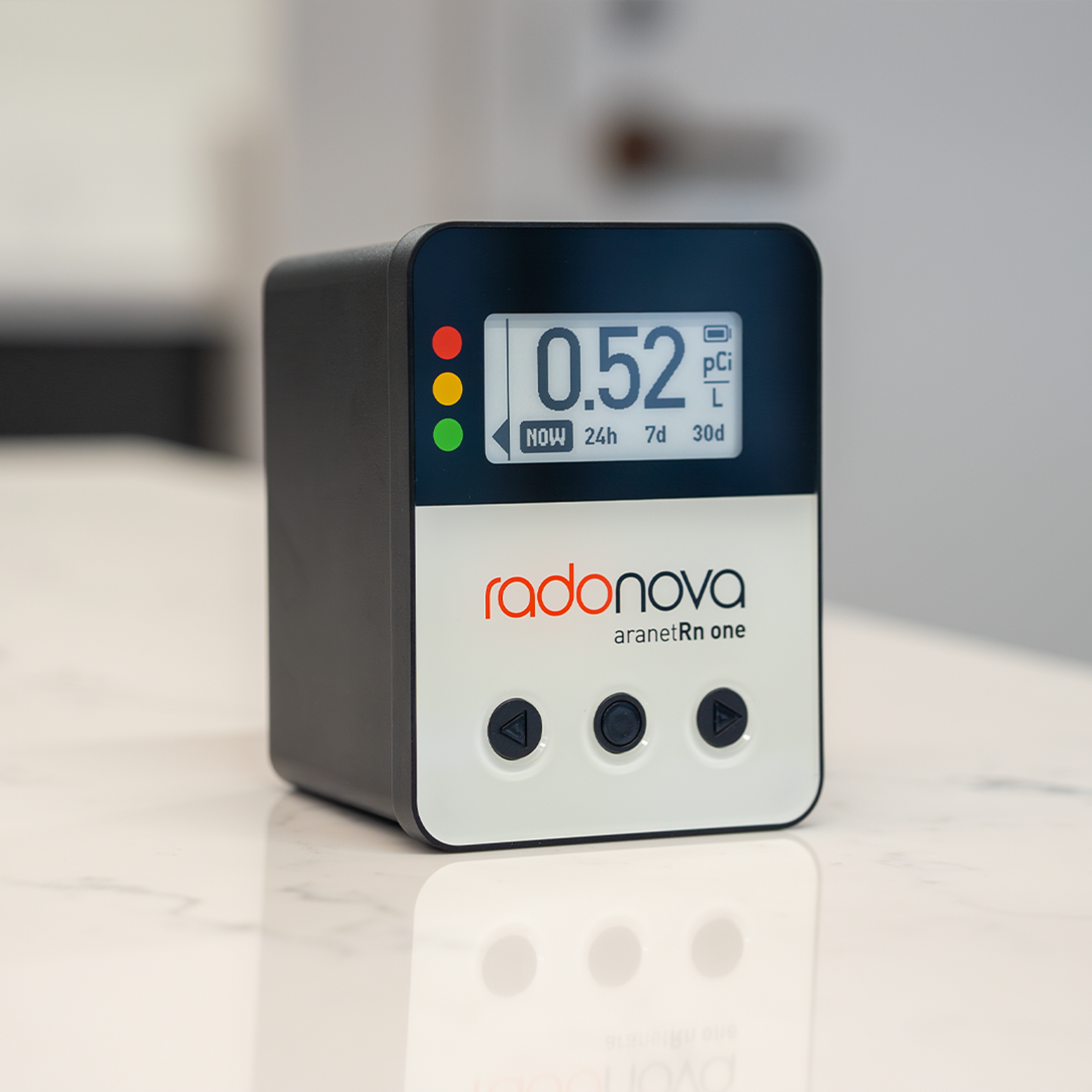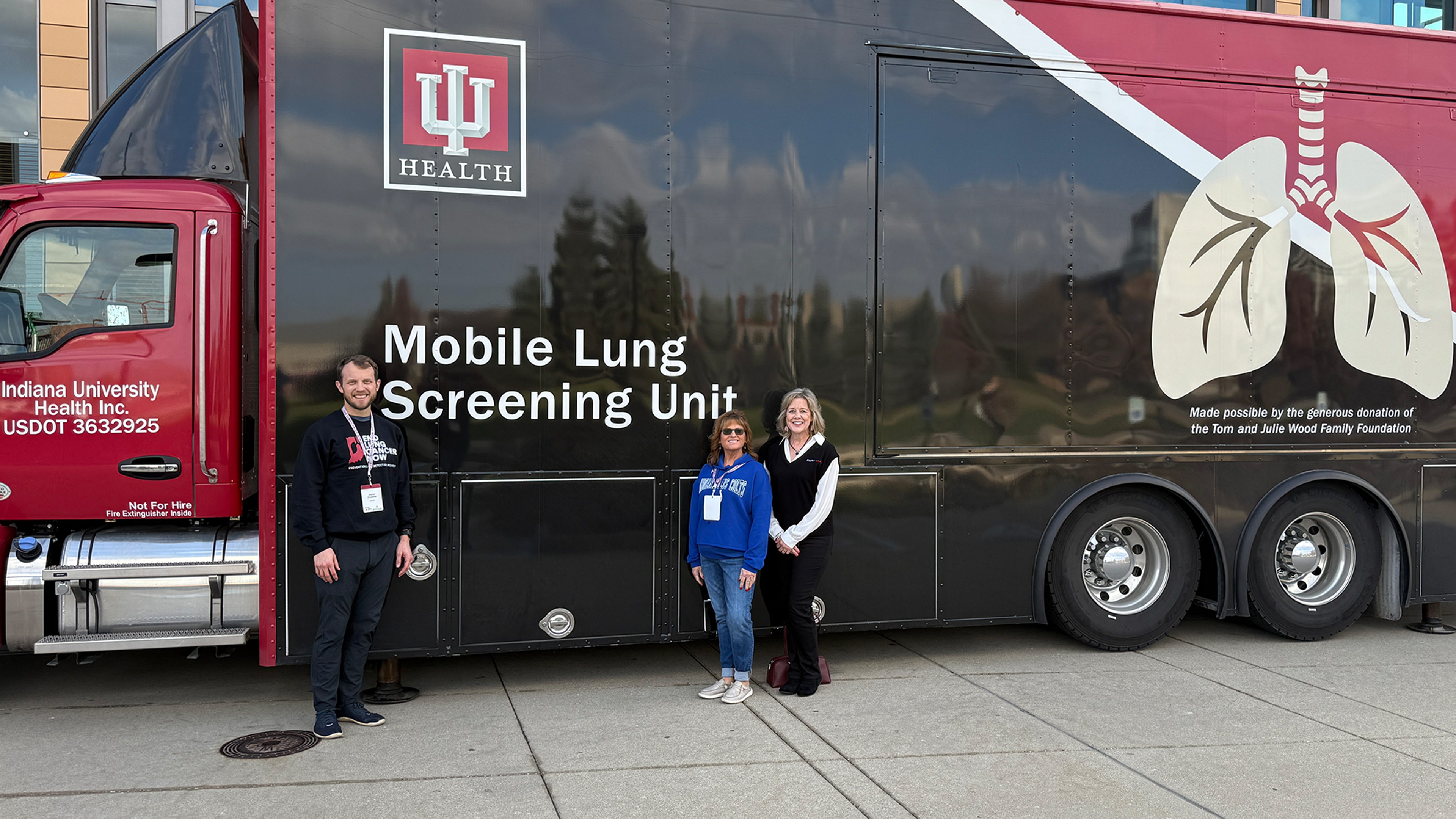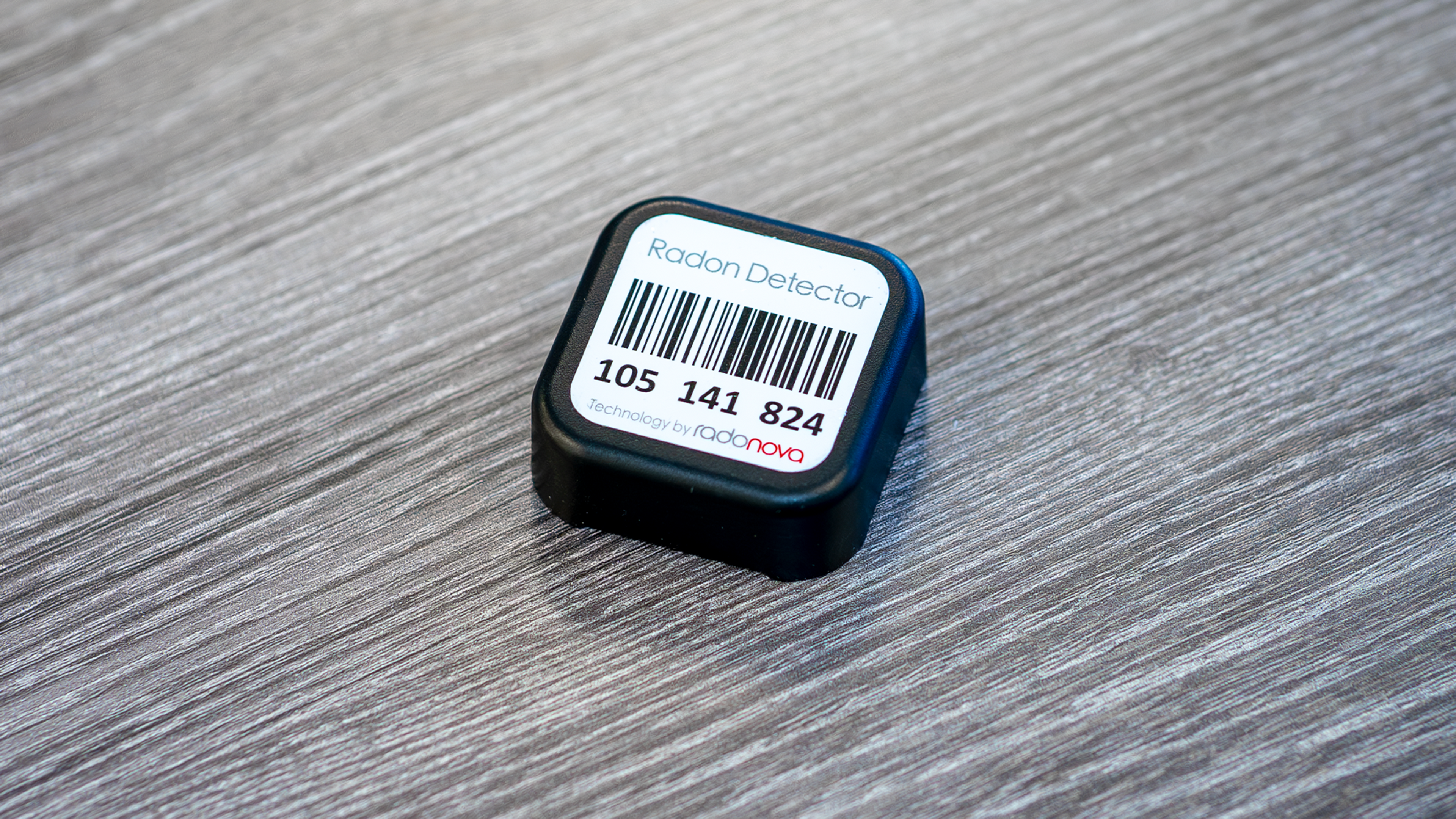

Illinois and Colorado Pass Radon Protection Laws for Renters
Renters will now have more leverage to live in safer dwellings thanks to new radon laws in Illinois and Colorado.
Illinois Governor JB Pritzer and Colorado Governor Jared Polis both signed bills into law this summer to help protect renters from the dangers of radon exposure. In both states, renters must be provided with a radon warning statement and radon educational materials when signing a lease agreement and be notified about any prior radon tests performed at the property. Additionally, if the renter tests the dwelling and determines it has high radon levels, they may terminate their lease without penalty if the landlord elects not to provide radon mitigation.
Effective on August 7, 2023, the Colorado Radon Disclosure Bill for Residential Property (SB23-206) applies to both renters and homebuyers. The law mandates that homebuyers be provided with the same radon hazard warnings and education materials. Any past radon test results on the home must be disclosed to Colorado homebuyers prior to closing – plus homebuyers must be notified if a radon mitigation system is present in the home.
Effective January 1, 2024, the Illinois Tenant Radon Protection bill for Residential Property (HB 2217) amends their previous Radon Awareness Act of 2008. For renters, the 2008 law only required landlords to disclose if any prior radon test on the rental property had reported high radon levels. The amended law adds that landlords will provide a “Radon Guide for Tenants” published by the Illinois Emergency Management Agency (IEMA) and allow lease termination for the renter if high radon levels are found and the landlord opts not to mitigate the dwelling.
Spearheaded by the Rocky Mountain Chapter of AARST (American Association of Radon Scientists and Technologists) in Colorado and Midwest AARST in Illinois, these teams proposed bill guidelines, scientific data to support the need for radon testing (and mitigation where needed) for renters, and compelling testimony from radon-induced lung cancer survivors and family members. Both states experienced bipartisan support of the bill.
Radon Protection Laws For Renters: Radon and lung cancer
Radon is a colorless, odorless, naturally occurring, radioactive gas that occurs from the breakdown of uranium in the rock and soil around one’s home or residence. It seeps into homes, apartments, and condos through cracks and crevices in the foundation. When inhaled into the lungs, radon decay products turn into radioactive particles that damage the DNA cells lining the lungs. Long term radon exposure can lead to lung cancer.
Radon causes 21,000 lung cancer deaths in the United States per year. It is the #1 cause of lung cancer in nonsmokers and the second leading cause of lung cancer after smoking.
Radon Protection Laws For Renters: Radon in Colorado
According to the EPA, half of the homes in Colorado have high radon levels. Colorado has an estimated average indoor radon level above 6.0 pCi/L, which is substantially higher than action level of 4.0 pCi/L. An exposure level of 6.0 pCi/L is “like having 200 chest x-rays each year.”
Radon-induced lung cancer is responsible for about 500 deaths per year in Colorado.
Radon Protection Laws For Renters: Radon in Illinois
Approximately 43% of homes in Illinois have high radon levels according to the AARST Radon Report Card. This is the equivalent of smoking a half pack of cigarettes per day as noted by the World Health Organization.
Radon-induced lung cancer in Illinois causes 1,100 deaths per year (according to Illinois Emergency Management Agency). This is more than the deaths from asbestos, lead paint, carbon monoxide, fire and smoke from fires, combined.
“These new laws will help minimize the risks to renters and their families of living in a potentially cancer-causing environment. Legislation will also help elevate awareness about the importance of testing for radon,” says Zan Jones, Vice President of Sales and Marketing for Radonova.
Radon Protection Laws For Renters: Testing for radon
Radon test kits are easy to use in your rented home or apartment. Radonova has three simple radon tests available:
- QuickScreen is a 2-to-4-day charcoal radon screener which is ideal for obtaining a quick snapshot of radon levels.
- The 10 to 90 day Rapidos alpha track detector provides detailed and accurate results in a relatively quick period.
- Radtrak³ is the most popular alpha track radon detector in the world. It is deployed for up to 365 days and is the most accurate option.
Click here to stay informed about radon industry news and product discounts.
Published
September 08, 2023




